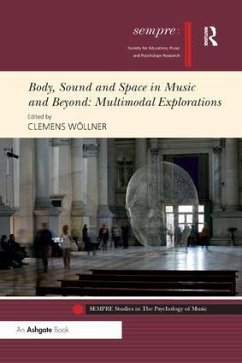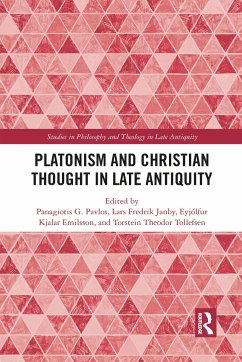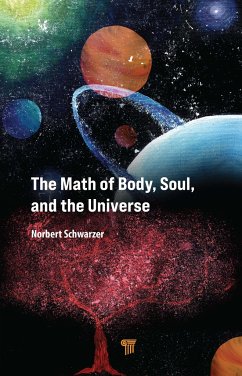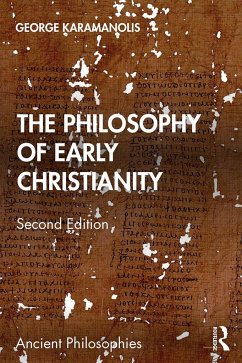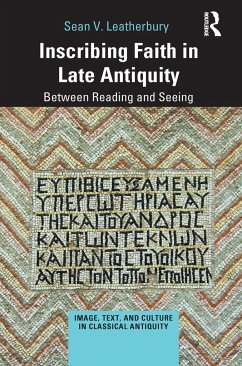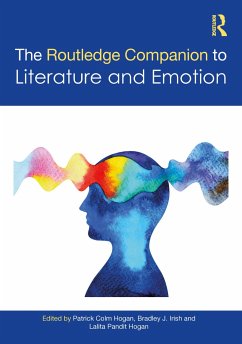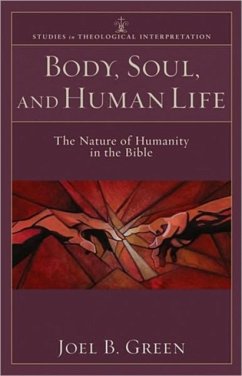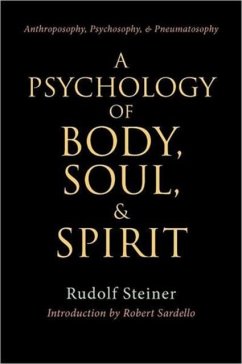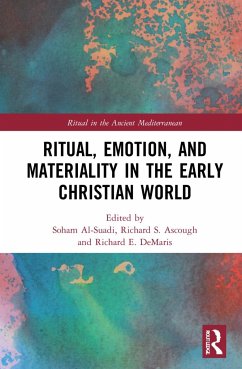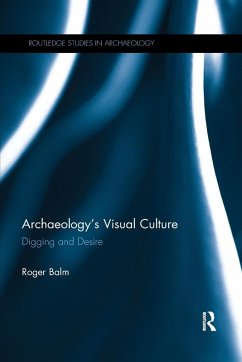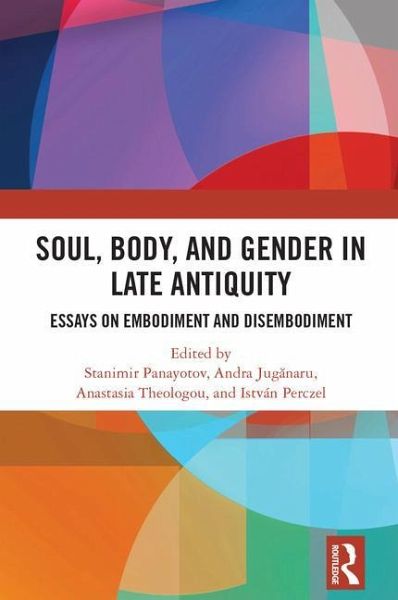
Soul, Body, and Gender in Late Antiquity
Essays on Embodiment and Disembodiment
Herausgegeben: Panayotov, Stanimir; Juganaru, Andra; Theologou, Anastasia; Perczel, István

PAYBACK Punkte
85 °P sammeln!
Including both traditional and underrepresented accounts and geographies of soul, body, gender, and sexuality in late antique history, philosophy, and theology, this volume offers substantial re-readings of these and related concepts through theories of dis/embodiment.Bringing together gender studies, late antique philosophy, patristics, history of asceticism, and history of Indian philosophy, this interdisciplinary volume examines the notions of dis/embodiment and im/materiality in late antique and early Christian culture and thought. The book's geographical scope extends beyond the ancient M...
Including both traditional and underrepresented accounts and geographies of soul, body, gender, and sexuality in late antique history, philosophy, and theology, this volume offers substantial re-readings of these and related concepts through theories of dis/embodiment.
Bringing together gender studies, late antique philosophy, patristics, history of asceticism, and history of Indian philosophy, this interdisciplinary volume examines the notions of dis/embodiment and im/materiality in late antique and early Christian culture and thought. The book's geographical scope extends beyond the ancient Mediterranean, providing comparative perspectives from Late Antiquity in the Near East and South Asia. It offers critical interpretations of late antique scholarly objects of inquiry, exploring close readings of soul, body, gender, and sexuality in their historical context. These fascinating studies engage scholars from different fields and research traditions with one another, and reveal both change and continuity in the perception and social role of gender, sexuality, body, and soul in this period.
Soul, Body, and Gender in Late Antiquity is a valuable resource for students and scholars of Classics, Gender, and Sexuality Studies, as well as those working on late antique and early Christian history, philosophy, and theology.
Bringing together gender studies, late antique philosophy, patristics, history of asceticism, and history of Indian philosophy, this interdisciplinary volume examines the notions of dis/embodiment and im/materiality in late antique and early Christian culture and thought. The book's geographical scope extends beyond the ancient Mediterranean, providing comparative perspectives from Late Antiquity in the Near East and South Asia. It offers critical interpretations of late antique scholarly objects of inquiry, exploring close readings of soul, body, gender, and sexuality in their historical context. These fascinating studies engage scholars from different fields and research traditions with one another, and reveal both change and continuity in the perception and social role of gender, sexuality, body, and soul in this period.
Soul, Body, and Gender in Late Antiquity is a valuable resource for students and scholars of Classics, Gender, and Sexuality Studies, as well as those working on late antique and early Christian history, philosophy, and theology.





